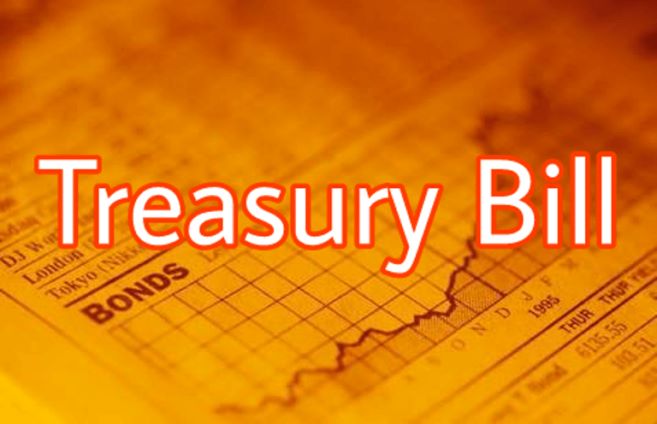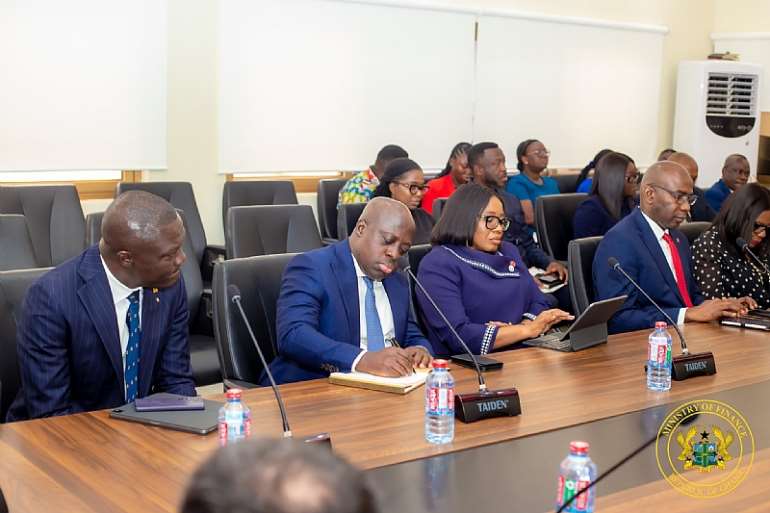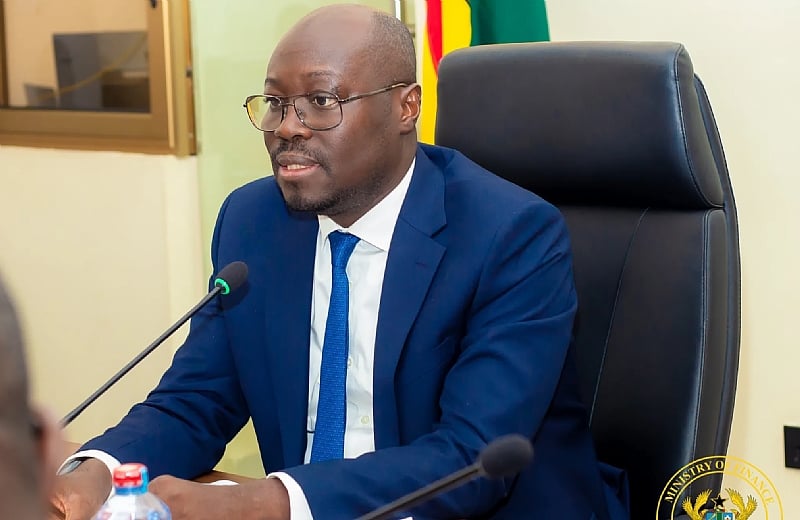Amid growing concerns about the over-dependence on the treasury bill market, Finance Minister Dr. Cassiel Ato Forson has revealed strategic measures to reduce the reliance on the short-term instruments (T-bill) market.
The Minister made this announcement when he addressed over 22 Managing Directors of banks in a high-level engagement at the Ministry of Finance on Thursday morning
Also in attendance at the meeting was the Governor of the Bank of Ghana, Dr. Johnson Pandit Asiama, and his deputy.

Dr. Forson, in his address, reiterated the government‘s commitment to urgently restore macroeconomic stability while reinforcing fiscal discipline to rebuild investor confidence.
Part of this plan is to curb the excessive borrowing from the T-bill market which is threatening the stability of the Cedi as the interest rate continues to rapidly fall.
Ghana remains shut out from the international capital market, limiting its ability to issue new Eurobonds, while domestic bond issuance remains suspended under the Domestic Debt Exchange Programme (DDEP).
With the treasury bill market becoming the mainstay, although the first quarter of the year is yet to end, analysis by The High Street Journal reveals that the government has already borrowed a total of GHC 82 billion as of Friday, March 14, 2025. This amount is expected to increase by the close of the first quarter as the government has advertised to borrow GHC 6.1 billion this week in addition to what it will borrow next week.

The good side is that interest rates have consistently fallen from an average of 29.16% to 17.25% over the period significantly reducing the cost of borrowing and hence slowing the rate of debt accumulation.
However, it appears that the risk and constraints of heavily depending on the short-term market are what is driving this new direction of the government to minimize over-reliance and explore alternative funding sources.
“We are also taking deliberate steps to reduce our reliance on the Treasury bill market and strengthen policy coordination between fiscal and monetary authorities. Stability is our priority, and we will not return to the turbulence of 2022. We will not be reckless,” the Minister for Finance has said.
With the government actively working to reduce reliance on T-bills, the pressing question remains: what are the alternatives?
The number one alternative highly recommended by experts should be efforts to boost domestic revenue mobilization. The government could aggressively enhance tax collection efficiency, clamp down on tax evasion, and broaden the tax base by formalizing more sectors of the economy.
Measures such as digital tax administration, enhanced property tax collection, and improved compliance could generate significant revenue.

The government must also consider expanding Public-Private Partnerships (PPPs). A shift towards PPP models in key infrastructure projects could ease fiscal burdens while attracting private sector investments.
Ghana could deepen its engagement with multilateral institutions such as the International Monetary Fund (IMF), World Bank, and African Development Bank (AfDB) for low-interest financing options. Concessional loans offer long repayment periods and lower interest rates compared to commercial borrowing.
Dr. Ato Forson further reiterated the government’s commitment to build a synergy with the Bank of Ghana to ensure macroeconomic stability by aligning fiscal and monetary policies.
Source:thehighstreetjournal.com


